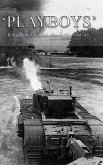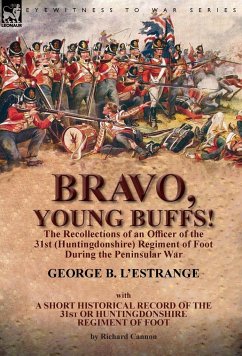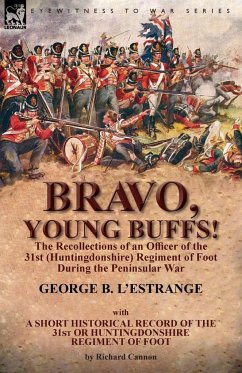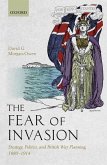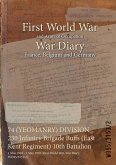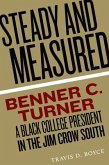The central questions addressed in this study are: the factors that dominated the officer-man relationship during the war; how identity and combat efficiency was maintained in the light of heavy casualties; the relative importance of individual characters to the efficiency of a battalion as opposed to the 'managerial structures' of the BEF; the importance of brigade and division to the performance of a battalion; the effective understanding and deployment of new weapons; the reactions of individual men to the trials of war; and the personal and private reactions of the soldiers' communities in Kent. Using previously uncovered material, this book adds a significant new chapter to our understanding of the British army on the Western Front, and the way its home community in East Kent reacted to experience. It reveals the way in which the regiment adjusted to the shock of modern warfare, and the bloody learning curve the Buffs ascended as they shared the British Expeditionary Force's march towards final victory.
A reinvention of the traditional regimental history examining the role of a famous Kentish regiment, the Buffs, in the Great War. The book examines the backgrounds and attitudes of officers, men, and their families to the war and looks at its impact on the military and civil community.
Hinweis: Dieser Artikel kann nur an eine deutsche Lieferadresse ausgeliefert werden.
A reinvention of the traditional regimental history examining the role of a famous Kentish regiment, the Buffs, in the Great War. The book examines the backgrounds and attitudes of officers, men, and their families to the war and looks at its impact on the military and civil community.
Hinweis: Dieser Artikel kann nur an eine deutsche Lieferadresse ausgeliefert werden.

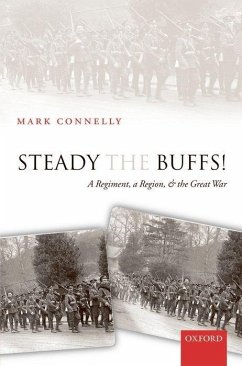
![Historical Record of the Third Regiment of Foot, or the Buffs [microform] Historical Record of the Third Regiment of Foot, or the Buffs [microform]](https://bilder.buecher.de/produkte/65/65541/65541555m.jpg)
